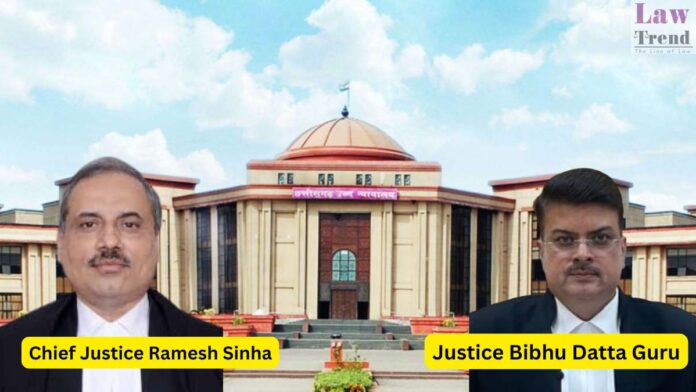The High Court of Chhattisgarh, while upholding the life sentence for a man convicted of a minor’s murder, has strongly observed that a trial court cannot ignore “overwhelming evidence” of sexual assault and convict an accused solely for the homicidal act. A Division Bench comprising Chief Justice Ramesh Sinha and Justice Bibhu Datta Guru stated
To Read More Please Subscribe to VIP Membership for Unlimited Access to All the Articles, Download Available Copies of Judgments/Order, Acess to Central/State Bare Acts, Advertisement Free Content, Access to More than 4000 Legal Drafts( Readymade Editable Formats of Suits, Petitions, Writs, Legal Notices, Divorce Petitions, 138 Notices, Bail Applications etc.) in Hindi and English.




